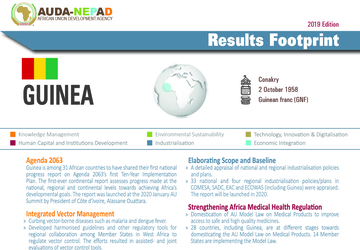 Guinea
Guinea
Official Name: Republic of Guinea
Capital: Conakry
Independence Day: 2 October 1958
Currency: Guinean franc (GNF)
Key Result
Guinea’s fish export ban by the European Union was lifted through fisheries and aquaculture policy, institutional and systems reform
Through the Fisheries Pilot Programmes in West Africa (WAPP) initiative, the Fisheries and Aquaculture Programme supported Guinea in preparing its investment portfolio for submission to the World Bank. Guinea successfully received funding from the World Bank which has enabled the implementation of the investment.
Supported the improvement of Guinea’s delivery mechanism. International consultants were paired with local expertise in order to transfer skills, improve ownership and ease implementation in Guinea.
The fisheries and aquaculture sectors in Guinea were supported by NEPAD’s Fisheries and Aquaculture Programme in developing a Fisheries Strategy Framework for 2016-2020, an investment plan and four project documents contributed to the reformation of the sector.
Further, a study was commissioned on value chains for Fish and Fisheries. The outcomes of the study informed the revised regulation on fish and fishery products and the procedure manual of the competent authorities. As a result, Guinea’s legal and institutional framework for fisheries governance and trade was strengthened.
Infrastructure and improved technology was deployed and 20 officers were trained in fish handling and sanitary control.
The process of the Fisheries and Aquaculture Reform in Guinea contributed to the lifting of the fisheries export ban by the European Union.
Africa’s voice on fisheries and aquaculture was increased through lobbying for the election of Guinea to the Chairmanship of FAO’s Committee of Fisheries (COFI) from 2018-2020, and supporting the African Regional Group in the formulation of inputs for the 32nd session of COFI.
Related
Projects
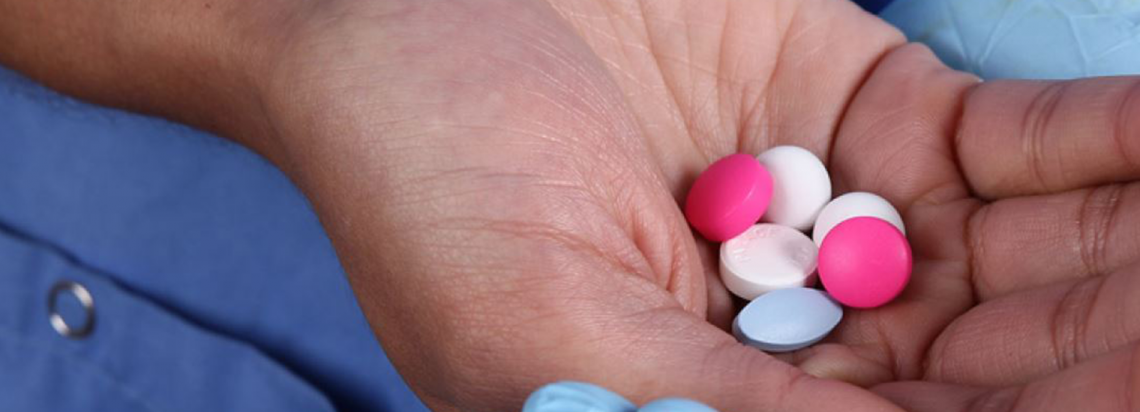
A critical AU Model Law aimed at harmonizing medical products regulatory systems in Africa was endorsed by African Heads of State and Government at the January 2016 AU Summit in Addis Ababa, Ethiopia. The AU Model Law will contribute towards accelerate the regulation of safe, quality and affordable medical products and technologies in Guinea.
The West Africa Medicines Regulatory Harmonization (MRH) programme was launched in 2015 in Accra, Ghana. Guinea participated in the establishment of the joint MRH Project Steering Committee and formation of 7 Technical Working Groups (TWG’s). The TWG’s are tasked with developing technical guidelines of the MRH programme. In addition, a joint framework of collaboration between WAHO and WAEMU has been agreed upon.
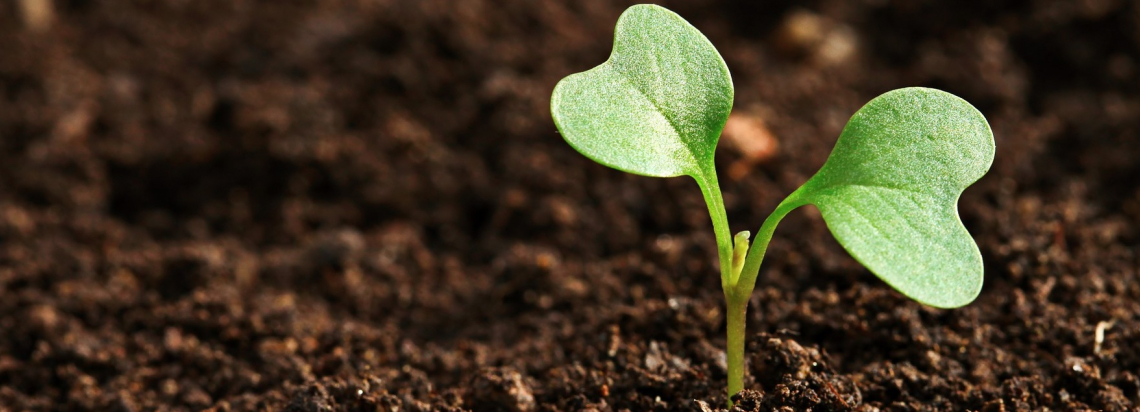
CAADP Compact: Guinea signed the CAADP Compact on 6 – 7 April 2010.
Guinea’s fish export ban lifted: The 2007 ban on fish export from Guinea, caused inter-alia by the weak sanitary control system, was lifted, with technical support from the NEPAD Agency. Furthermore, and purposed on enabling the country to export fish into high-value markets, the NEPAD Agency equipped laboratories at the National Office of Sanitary Control. In addition, 12 laboratory technicians were trained, and a manual of procedures on the sanitary control of fish and fisheries products and services was developed.
A set of policies, strategies and plans will be completed in 2016, including the Fisheries Strategic Development Plan, Marine Fisheries Research Plan, Fisheries Investment Plan and Study on Value Chain to Decipher Bottlenecks in the Trade and Policies.
Capacity Building: On 19 - 25 September 2010, NEPAD supported Guinea in conducting an Independent Technical Review (ITR). The ITR is an AUC-NEPAD organised technical peer review process through which National Agriculture and Food Security Investment Plans (NAFSIP or National Agricultural Investment Plan - NAIP) are examined and discussed in the context of the principles and values of the CAADP agenda.
Business: On 4 and 5 June 2013, the NEPAD Agency facilitated Guinea’s first Business Meeting.

Project : TAH programme
Description : This is phase I of the continental connectivity programme that focuses on completion and standardisation of the TAH missing links by 2030
Project : Single African Sky phase 1 (design and initial implementation)
Description : Single African Sky is a continental programme that will create a high-level, satellite-based air navigation system for the African continent
Project : Yamoussoukro Decision implementation
Description : Accelerate Yamoussoukro Decision implementation by identifying countries that are ready to fully implement it, and discussing and agreeing with both their governments and airlines to launch the voluntary club on a full membership basis
Project : ICT Enabling Environment
Description : This programme would improve the environment for the private sectors to invest in high-speed broadband infrastructure
Project : ICT Terrestrial for Connectivity
Description : This programme has two main components : secure each country connection by at least two broadband infrastructure and ensure the access to submarine cable to all landlocked countries
Project : Internet Exchange Point (IXP) programme
Description : The aim of this programme is to provide Africa with adequate internet node exchange to maximise internal traffic
Project : Sambangalou Hydropower Project (DFS)
Description : 128 MW of hydropower capacity, 930 km from the mouth of the Gambia River to supply Senegal, Guinea, Guinea Bissau and Gambia
Project : West Africa Power Transmission Corridor
Description : 2,000 km line along the coast connecting with the existing Ghana– Nigeria line with a capacity of 1,000 MW
Project : Praia-Dakar-Abidjan Multimodal Corridor
Description : This programme would improve marine transport and the connection between island and mainland countries by creating a new maritime service between regional ports and facilitating this with a modern information system that links the maritime service with ports and road corridor in the Dakar-Abidjan Corridor. This programme would also modernize one of the most heavily travelled ARTIN corridor in West Africa (trade facilitation, OSBPs, capacity enhancement possibly through PPP)
Project : Gourbassy
Description : Multipurpose dam located in Guinea : regulation of the Senegal river (four countries)
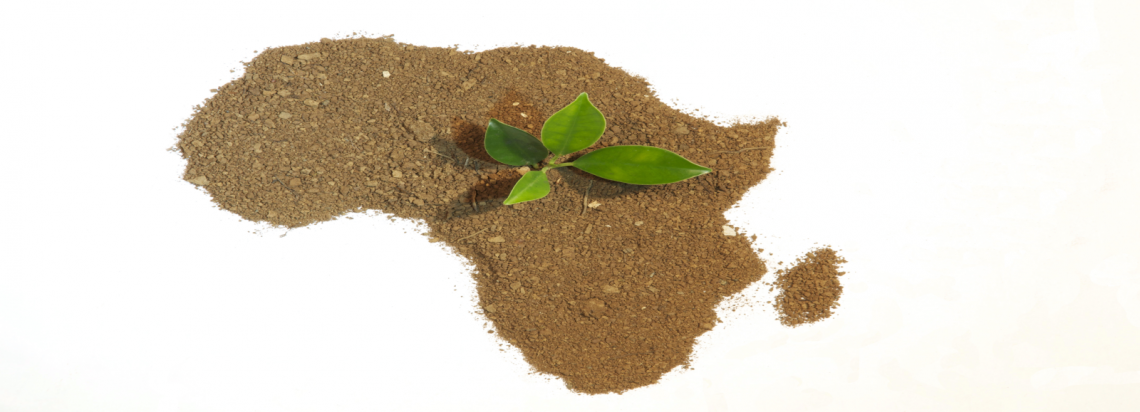
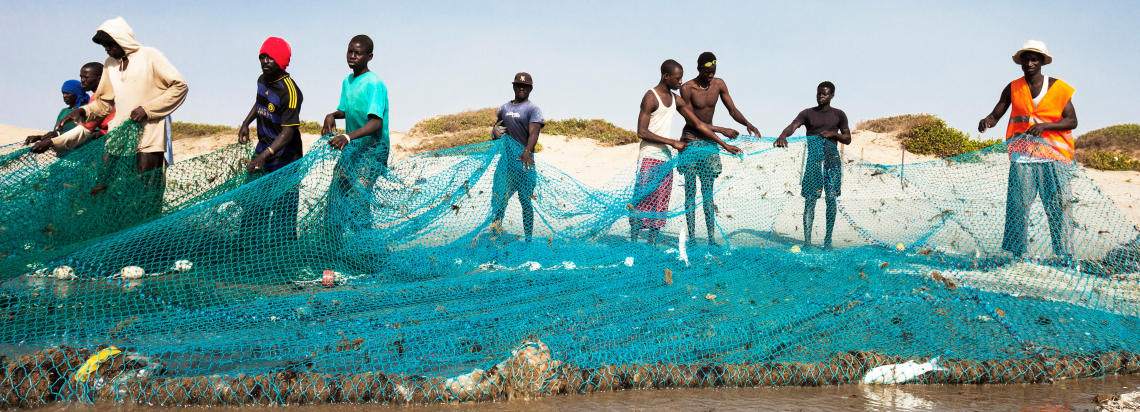
- Through the Fisheries Pilot Programmes in West Africa (WAPP) initiative, Fisheries and Aquaculture Programme supported Guinea in preparing its investment portfolio for submission to the World Bank. Guinea successfully received funding from the World Bank which has enabled the implementation of the investment.
- Improving NPCA fisheries delivery mechanism: International consultants were paired to local expertise in order to transfer skills, improve ownership and ease implementation in Guinea.
- Sub-regional Fisheries Committee (SRFC): Guinea was one of the seven West African states represented in the Sub-regional Fisheries Committee (SRFC), which was a result of Fisheries and Aquaculture Programme investing in the strengthening of platforms for sub-regional ministers of fisheries. The development of this functional working relationship will facilitate institutional support activities and create a platform for knowledge sharing amongst member states, consequently resulting in the sustainability and prosperity of the fisheries sector in Guinea and the West Africa region.
- The fisheries and aquaculture sectors in Guinea were supported by Fisheries and Aquaculture Programme in developing a Fisheries Strategy Framework for 2016-2020, an investment plan and four project documents which will contribute to the reformation of the sector.
- Contributing to the process of lifting the ban of fisheries export for Guinea, Fisheries and Aquaculture Programme supported Guinea by:
- Commissioning a study on value Chains for Fish and Fisheries products to identify bottlenecks. The outcomes of the study, one of which revealed a shortcoming along the value chain, will be used to revise regulation on fish and fishery products and revise the procedure manual of the competent authorities.
- Upgrading of the sanitary control laboratory by supplying it with approximately hundred thousand dollars equipment and training of twelve laboratory technicians.
Results:
•359 291 women capacitated through CSO and grassroots organizations including 92 Local authorities and state government in the six geopolitical zone of Nigeria. Namibia 13 Council has implemented Action Plan for Gender Aware Service Delivery and 384 Parliamentarian in the region of Tigray, Amhara and Somalia facilitated research support from 250 graduated students for Gender Aware Parliamentarian Oversight.
•74 435 women empowered economic and financial terms: Income generation skills; Deployment of technical assistance to boost agriculture production for both consumption and commercial purposes; Accessing agricultural extension services; Promotion of gender inclusiveness in decision making; Creation of enabling environment to access land; Land tenure and legalization of land title for women; Youth job creation; SME management; Informal and Regional Trade development.
•25 438 women support through institutional based capacity building.
Results:
•359 291 women capacitated through CSO and grassroots organizations including 92 Local authorities and state government in the six geopolitical zone of Nigeria. Namibia 13 Council has implemented Action Plan for Gender Aware Service Delivery and 384 Parliamentarian in the region of Tigray, Amhara and Somalia facilitated research support from 250 graduated students for Gender Aware Parliamentarian Oversight.
•74 435 women empowered economic and financial terms: Income generation skills; Deployment of technical assistance to boost agriculture production for both consumption and commercial purposes; Accessing agricultural extension services; Promotion of gender inclusiveness in decision making; Creation of enabling environment to access land; Land tenure and legalization of land title for women; Youth job creation; SME management; Informal and Regional Trade development.
•25 438 women support through institutional based capacity building.
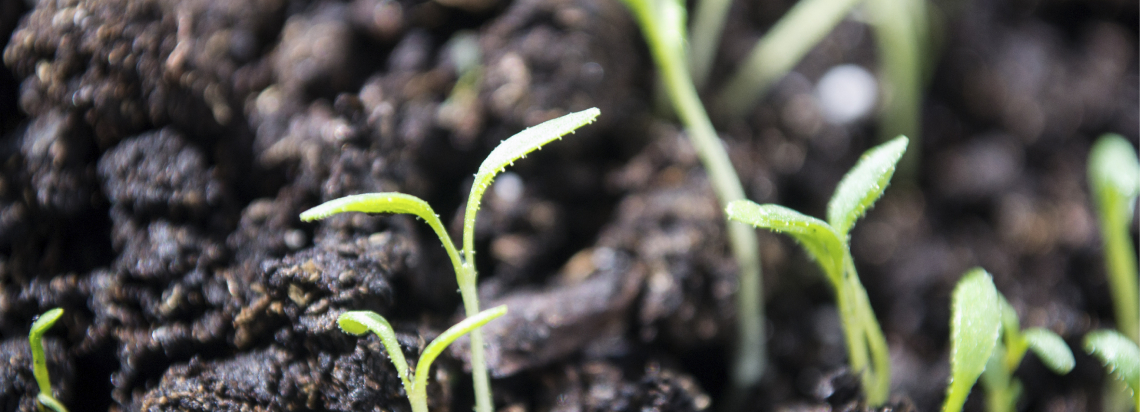
A national committee on climate change in Guinea was supported to enable them to include fisheries among their priority areas, and to develop proposals for action programmes on fisheries and climate change in the National Adaptation Programmes of Action. Information and awareness-raising sessions were organised on processing areas for fishery products for the benefit of women operating in the fisheries sectors in the country.
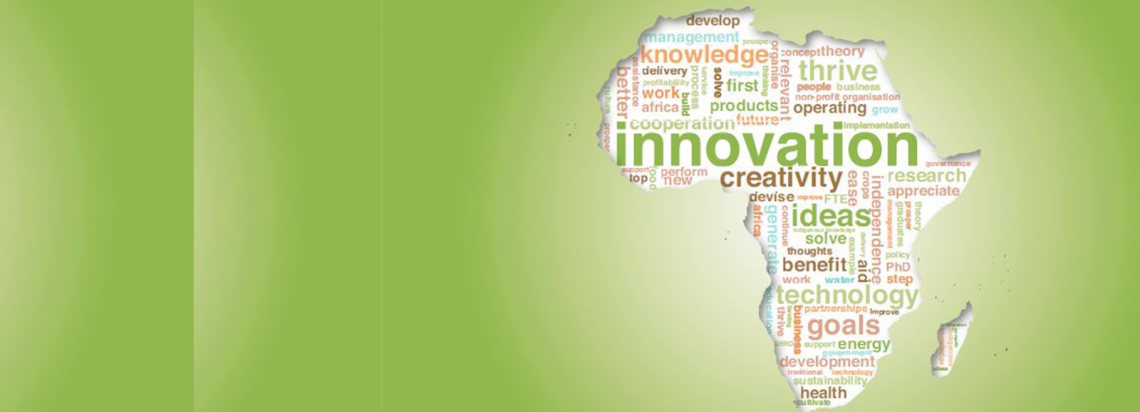
ASTI has captured comprehensive information on STI and consequently built in-country capacity to collect, analyse & publish data and information on research & development (R&D) and Innovation

"Results (2013 – 2015)
Advocacy and Strengthening of Negotiation Capacities on Post-2015 Development Agenda through the Common African Position (CAP):
• The multi-stakeholder framework of engagement specifically enhanced dialogue towards ensuring the required mass to influence the Post-2015 Global Agenda and Development Goals relevant to the Continent;
• This intervention helped strengthen country and regional level negotiating capacities for the effective incorporation and articulation of Africa’s priorities as enshrined in CAP in the final Global SDGs;
• The project enabled the participation of African stakeholders at the Means of Implementation Engagement, 3rd Financing for Development Conference and the UN General Assembly that adopted the new SDGs. This ensured the incorporation of Africa’s development priorities into the new goals through developing essential negotiation capacities;
• Through the CAP/SDGs space on the Africa Platform for Development Effectiveness (APDev), knowledge products and negotiation documents, as well as, policy briefs where successfully disseminated to the African negotiators in New York and kept the continent’s stakeholders informed of the overall process;
• Development and dissemination of post-2015 Policy Briefs on “Financing and Partnerships” and “Structural Economic Transformation and Inclusive Growth”. These are priorities outlined in the CAP and the policy briefs where utilized in the negotiation process for the African continent.
Global Partnership for Effective Development Cooperation (GPEDC):
• Africa secured the hosting of the 2nd High Level Meeting (HLM) of the Global Partnership. This was attained through robust negotiation and facilitating a common voice from Africa with regards to this critical engagement by the NEPAD Agency. The 2nd HLM will be held in Nairobi Kenya;
• The NEPAD Agency advocated for the full inclusion and participation of Africa’s Regional Economic Communities (RECs) in conducting the 2nd GP Monitoring Exercise. This was a fundamental achievement considering the RECs are the continent’s building blocks with regards to socio-economic transformation;
• The Africa Action Plan on Development Effectiveness (AAP) was granted the status of an official Global Partnership Initiative (GPI) at the Planning Meeting in Brussels. The AAP was developed by the NEPAD Agency in consultation with African multi stakeholders. This has enabled the Agency to successfully mobilize resources towards the implementation of the AAP.
"
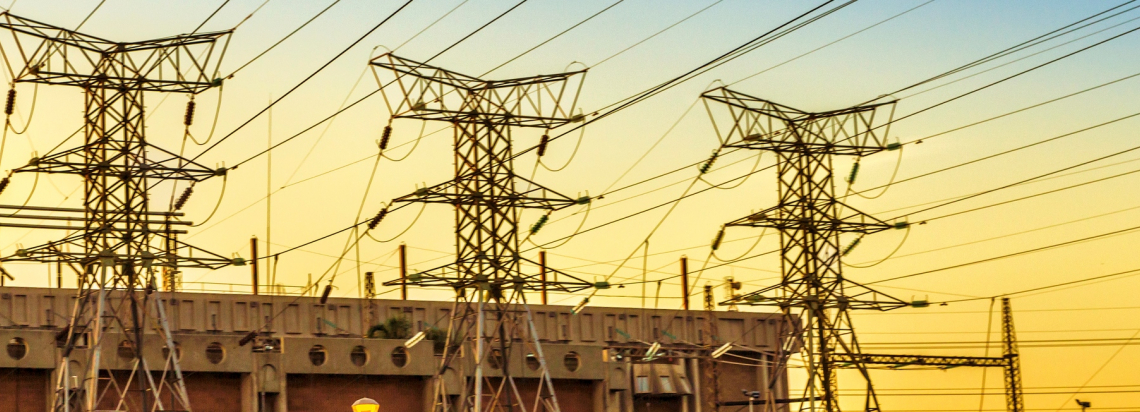
Project : Hydro – Sambangalou Hydropower Project
Countries/Region : Gambia, Guinea Conakry, Guinea Bissau and Senegal | West Africa region
Project Location : Located 930 km upstream from the mouth of the Gambia River. The dam will be located in Senegal with part of the reservoir in Guinea.
Sector/Subsector : Energy/Generation
Project Description : A hydropower plant with a 128 MW capacity, as well as a 185 square kilometer reservoir (4 turbines of 32 MW each). Originally formed part of a larger Gambia River Basin Development Organisation (OMVG) Project, which entailed an interconnecting power grid with the Kaleta Dam in Guinea
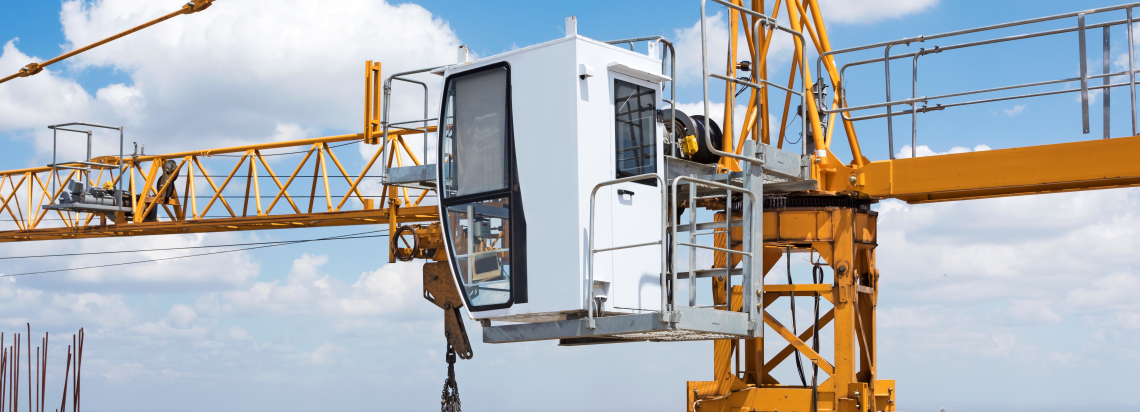
Description : The use of political gravitas and goodwill to unblock and facilitate political bottlenecks affecting the implementation of ICT broadband and optic fibre projects on the continent


"At the beginning of 2014, 37 of the 42 opted-in African countries have completed a rapid assessment / gap analysis. The next step for countries is to develop a SE4LL Action Agenda and Investment Prospectus(es). To support this process, the SE4ALL Africa Hub partners have led the development of Africa Guidelines for SE4ALL national Action Agendas. The Africa Guidelines lay out principles and process for developing Action Agendas and put forward a balanced approach of centralized and decentralized solutions to achieve universal access to energy services.
Progress in Guinea:
SE4All Action Agenda and SE4All Investment Plan are under development "
you agree to the AUDA-NEPAD Privacy Policy.

